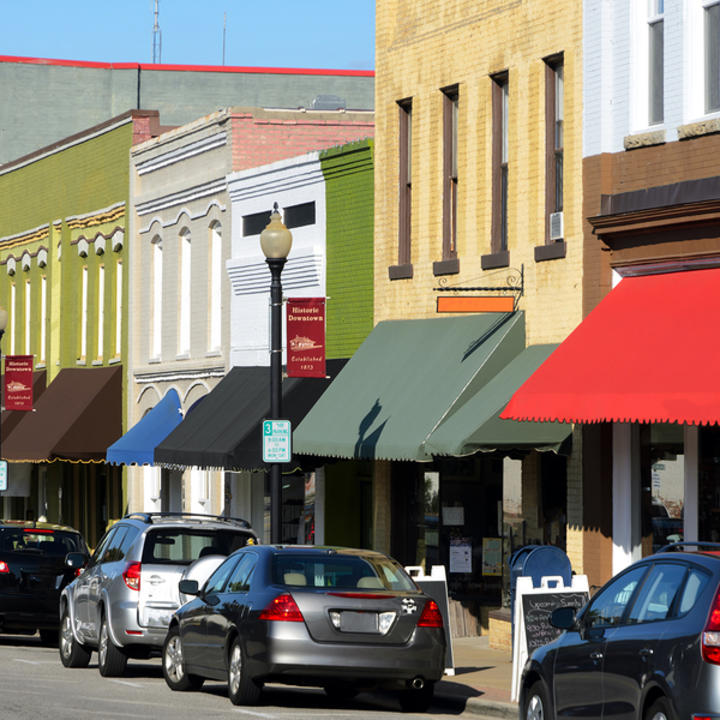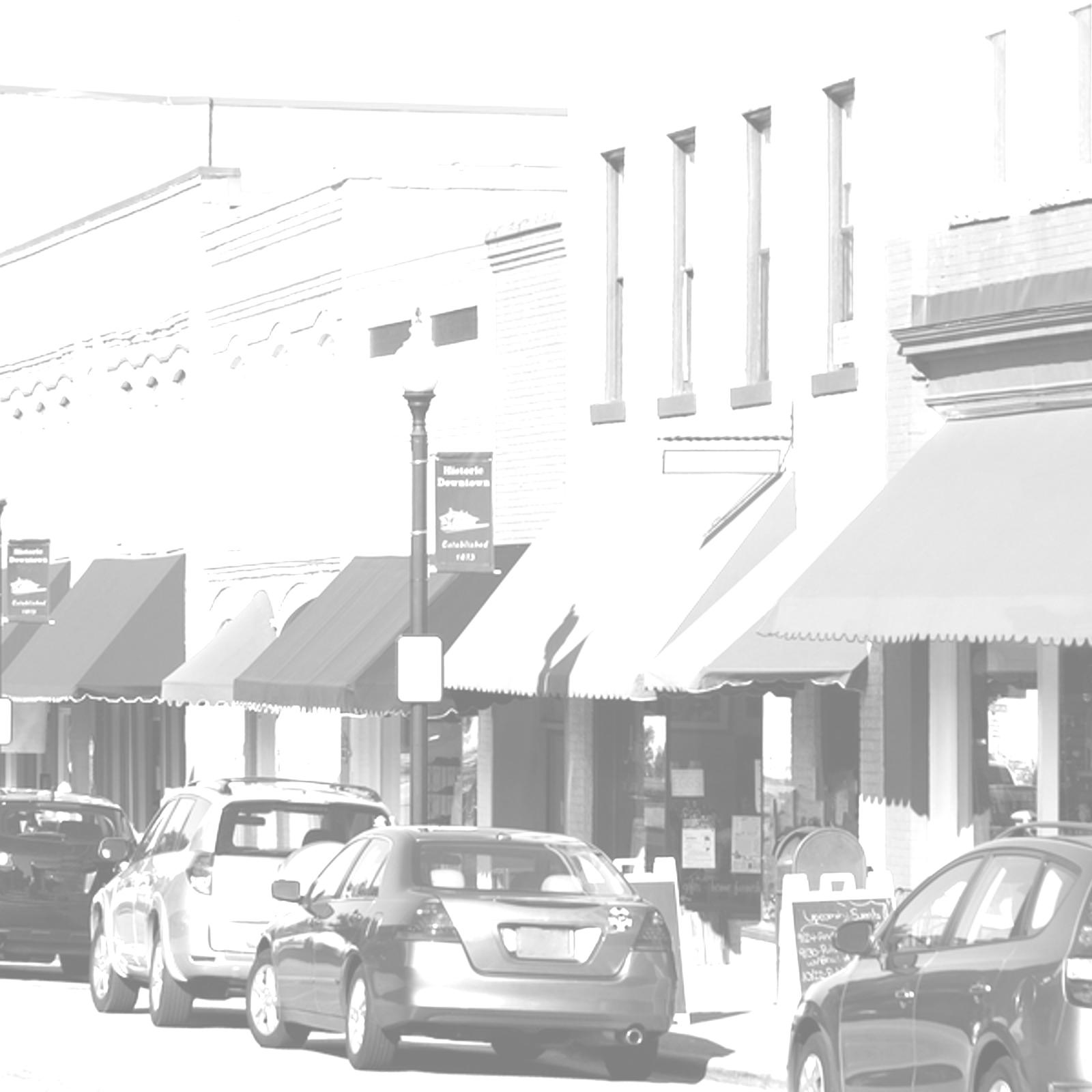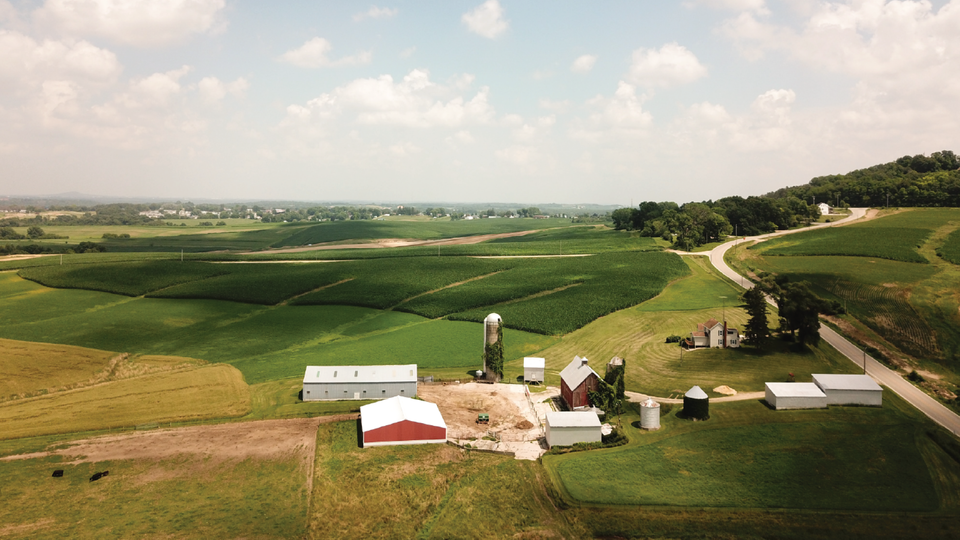Our three-state initiative brings together local government representatives, CES professionals, and academic researchers. Teams take an interdisciplinary, community-based research approach to tackle community issues such as improving food, housing, job, and public security; advancing community health; and reducing social isolation.
We do this by equipping CES professionals with data science knowledge and know-how targeted at advancing economic mobility through our Community Learning through Data- Driven Discovery (CLD3) process to directly engage their constituencies.
Our CLD3 approach is unique. It allows us to move beyond issues of community economic development to focus specifically on the economic mobility of residents. This flips the traditional translational research approach on its head to incorporate data science methods that utilize local data resources to address local problems. Rather than giving communities the findings and tools researchers value, which are often based on general models and theories, our approach empowers communities to tell researchers what they need to learn to solve local issues. We then we provide the data and tools needed to create the insights. At its core is the incorporation of data science into local governance.
Through this project we are:
- Identifying primary barriers to economic mobility in rural communities across Virginia, Iowa, and Oregon;
- Developing the technical and research capacity needed to help communities create strategies to address those barriers;
- Empowering the CES to serve as an effective distribution channel for key public goods (e.g. data and tools) to help rural communities advance mobility strategies; and
- Evaluating the impact of economic mobility research on communities and of the scalability of our three-state initiative.
Visit our Economic Mobility website to delve deeper into our research and learn more about the impact we’re making in Virginia, Iowa, and Oregon through our case studies.
Working with CES and community stakeholders we are implementing our Community Learning Through Data-Driven Discovery process in communities across Virginia, Iowa, and Oregon to address their economic mobility challenges. Our work to-date has led to preliminary findings which are outlined in a series of case studies available on our Economic Mobility website.
Through our research, we also discovered a need to support the democratization of data across rural areas and CES in bridging the last data mile as they work with their constituents. Our Economic Mobility Data Infrastructure is the result of this discovery.
We invite you to learn more here.
Today’s data revolution is not just about big data, it is about data of all sizes and types.

From local neighborhoods and schools to courtrooms, hospitals, fields, and forests, data are everywhere, providing us the power to solve problems like never before. Communities large and small now have access to a wealth of data they can use to assess conditions, develop strategies and policies, evaluate impact, and make critical decisions. However, not all communities – particularly those that are small or rural – have the expertise or resources necessary to access and leverage complex data for real-world benefits.
DSPG Program Expansion Advances Data Science Application in Support of Rural Prosperity





